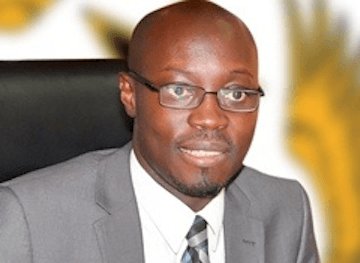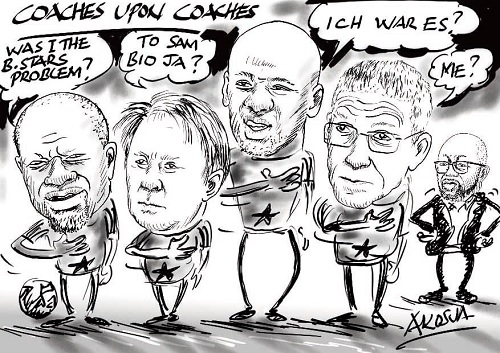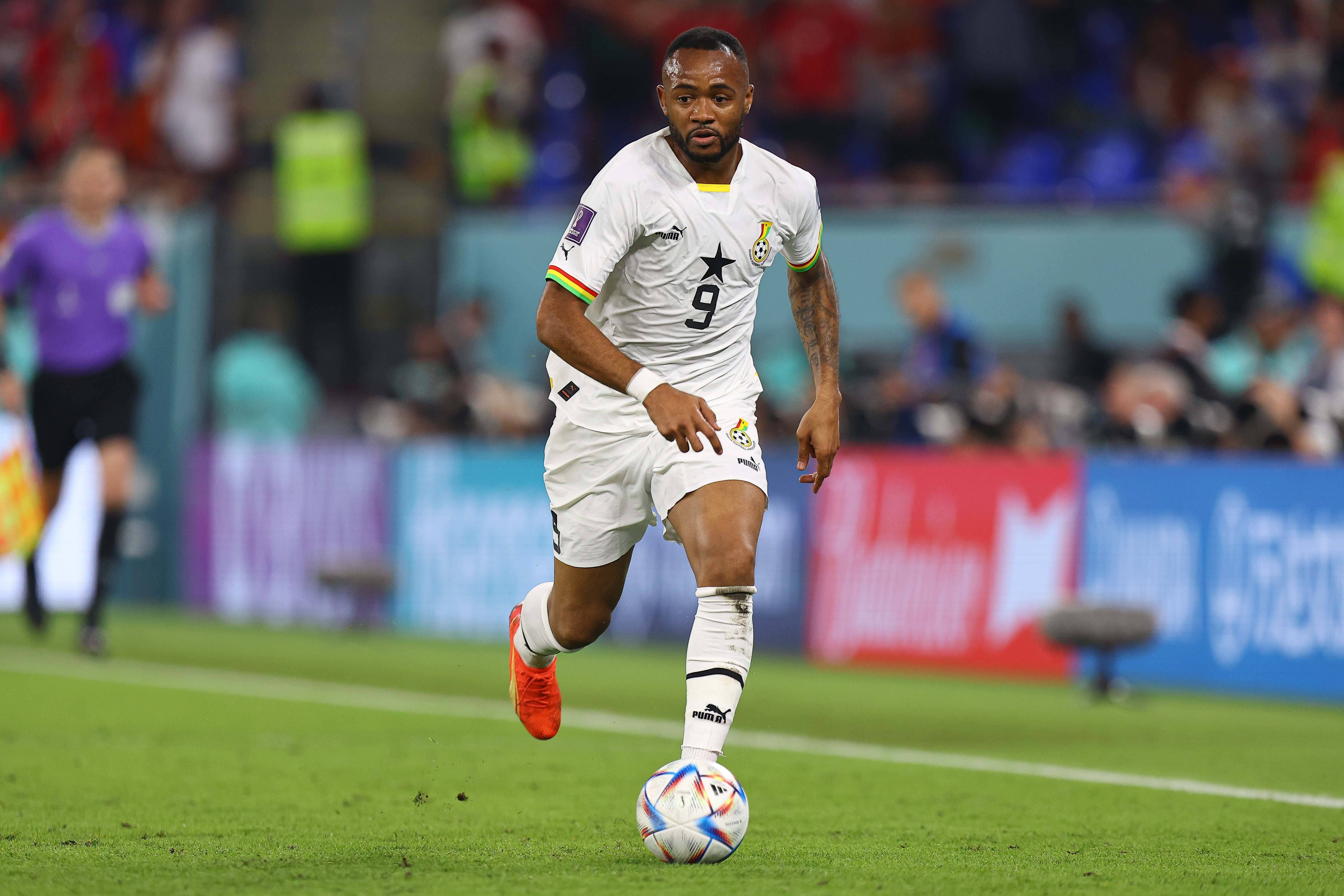
Ghana has seen a significant jump in the 2024 World Press Freedom Index, moving from 62nd to 50th position. This significant improvement is being attributed, in large part, to the government’s Media Support programs over the last few years.
The ranking, compiled by Reporters Without Borders (RSF) in 180 countries across the world saw Ghana move 12 places to its 50th position after two consecutive years of decline.
Responding to the significant improvement for the first time in an interview with Accra-based Joy FM on May 3rd, 2024 Minister for Information-designate, Fatimatu Abubakar, attributed this progress to a series of interventions implemented by government, particularly during the tenure of her predecessor, Kojo Oppong Nkrumah, where she served as the Deputy Minister.
“This achievement is a result of the tireless efforts put in by government through the Ministry of Information under the leadership of former Minister Kojo Oppong Nkrumah,” Minister Abubakar acknowledged, “I am proud to have served as his deputy during this crucial period.”

One such initiative credited with the rise in ranking, she explained, is the Media Capacity Enhancement Programme (MCEP).
Established in 2021 by the Ministry of Information, the MCEP addresses the crucial need for upskilling journalists across the country.
“The MCEP recognised the importance of equipping our journalists with the necessary tools and knowledge to excel in their profession,” explained Minister Abubakar.
“Through a comprehensive needs assessment and curriculum development process, the programme has provided training to over 400 journalists so far.”
Another vital programme championed by the previous administration is the Coordinated Mechanism for the Safety of Journalists (CMSJ). Launched in May 2021, the CMSJ tackles the critical issue of journalist safety, a concern previously highlighted in press freedom reports.
“The safety of journalists is paramount for a free and independent press,” Minister Abubakar emphasised.
“The CMSJ works collaboratively with various stakeholders to create a safe and conducive environment for journalists to operate.
“This includes preventing violence against journalists, protecting those in danger and holding perpetrators accountable.”
The CMSJ, she explained, also fosters dialogue and collaboration between media practitioners, government agencies, and Civil Society Organizations (CSOs). This multi-pronged approach aims to create a media landscape where journalists can work freely without fear of intimidation or violence.
Minister-designate Abubakar acknowledged the ongoing nature of these efforts. She said the improvement in our ranking is certainly encouraging, but there’s always room for further progress. She said government remain committed to working with all stakeholders to build upon these successes and ensure Ghana continues to be a beacon of press freedom in Africa.
The positive news of the improvement in Ghana’s ranking was welcomed by stakeholders within the media landscape. The Ghana Journalists Association (GJA) applauded the ranking stressing that the safer and more empowered media environment belatedly being experienced in the industry is the reason behind it.
“The MCEP and CMSJ represent significant steps forward for Ghanaian journalism,” said Albert Kwabena Dwumfuor, President of the GJA.
“Equipping journalists with the necessary skills and ensuring their safety are crucial for a robust and independent media.”
The post Media support programs helps Ghana to improve upon press freedom rankings appeared first on The Ghanaian Chronicle.
Read Full Story

















Facebook
Twitter
Pinterest
Instagram
Google+
YouTube
LinkedIn
RSS